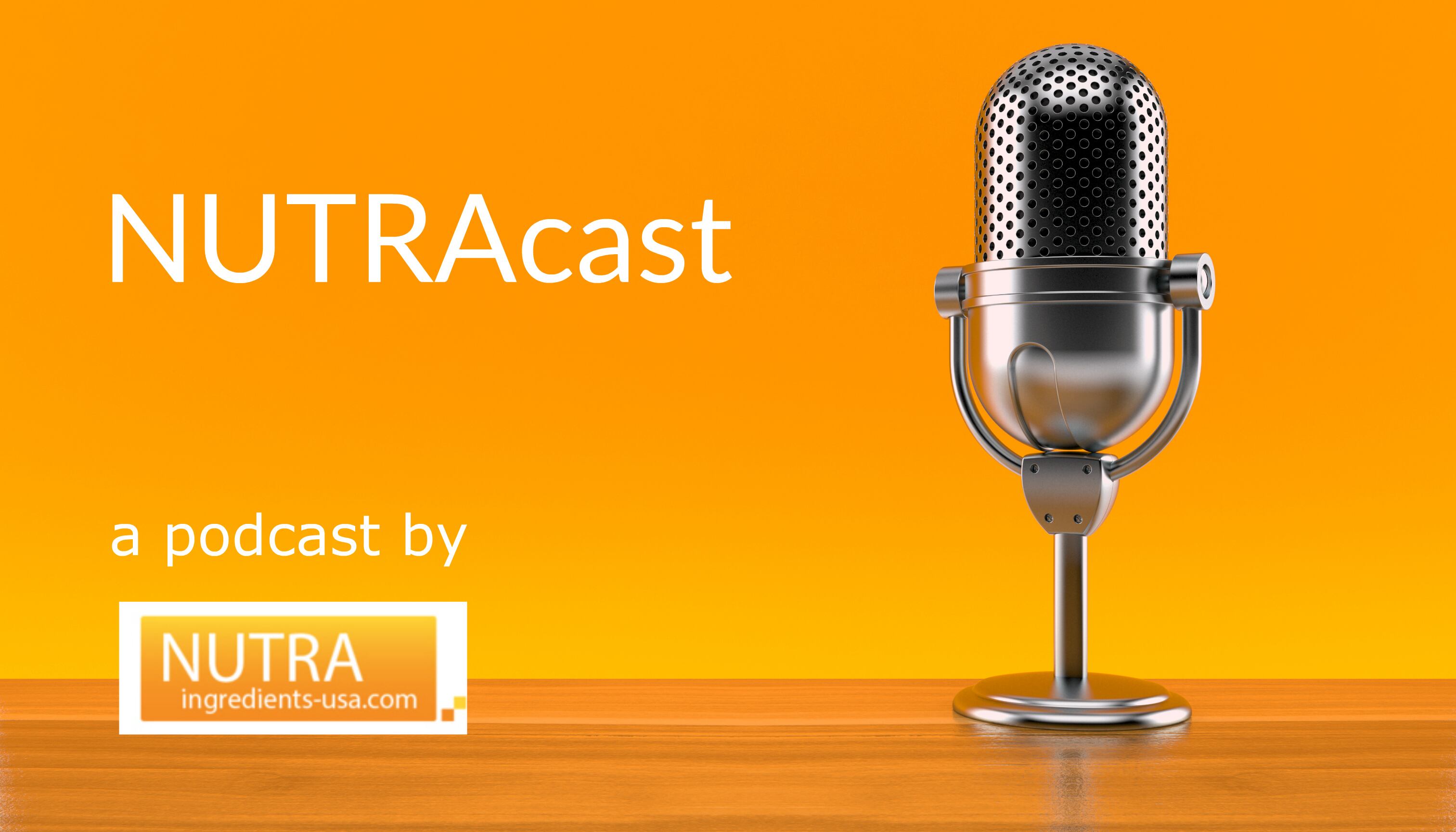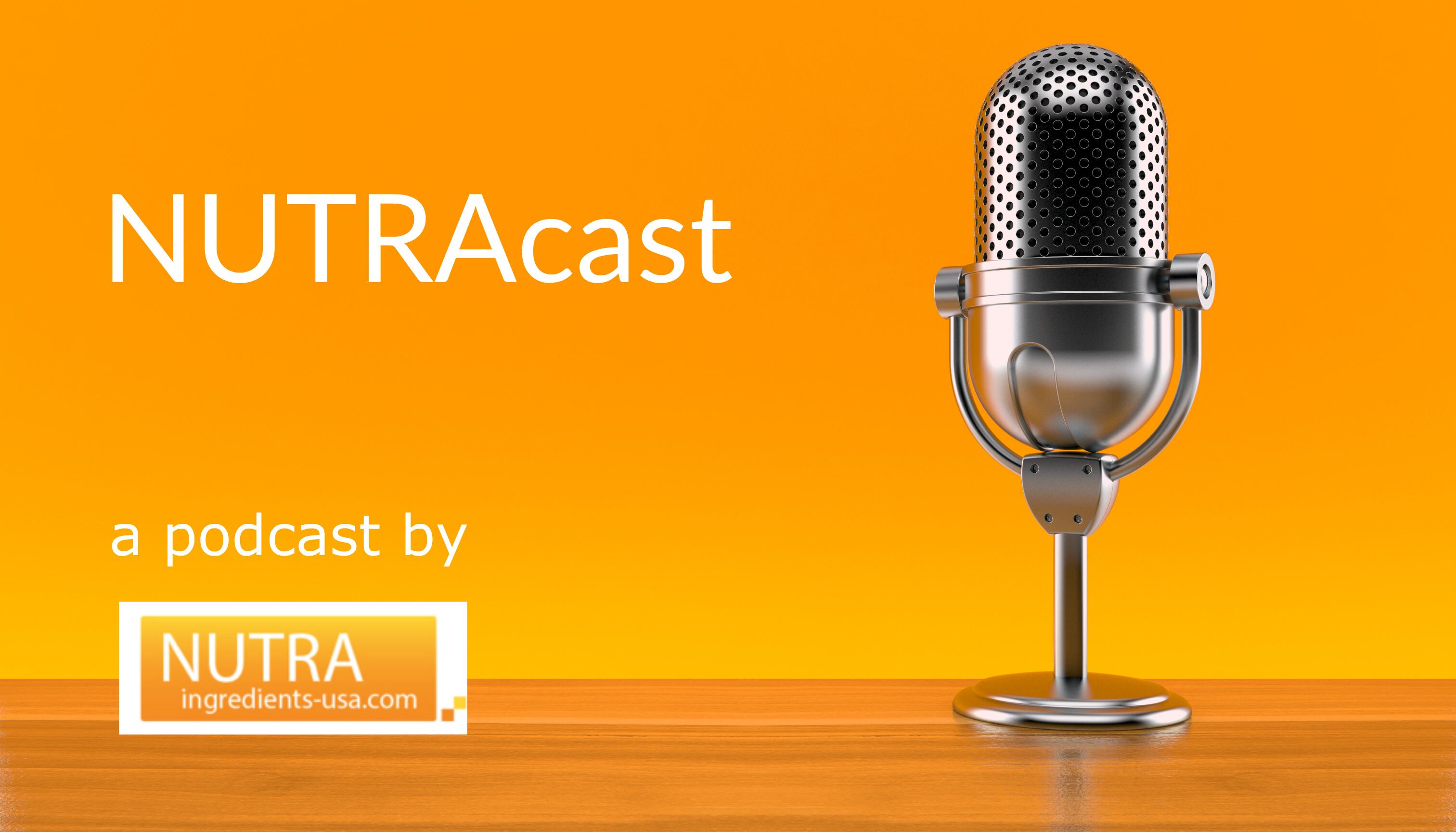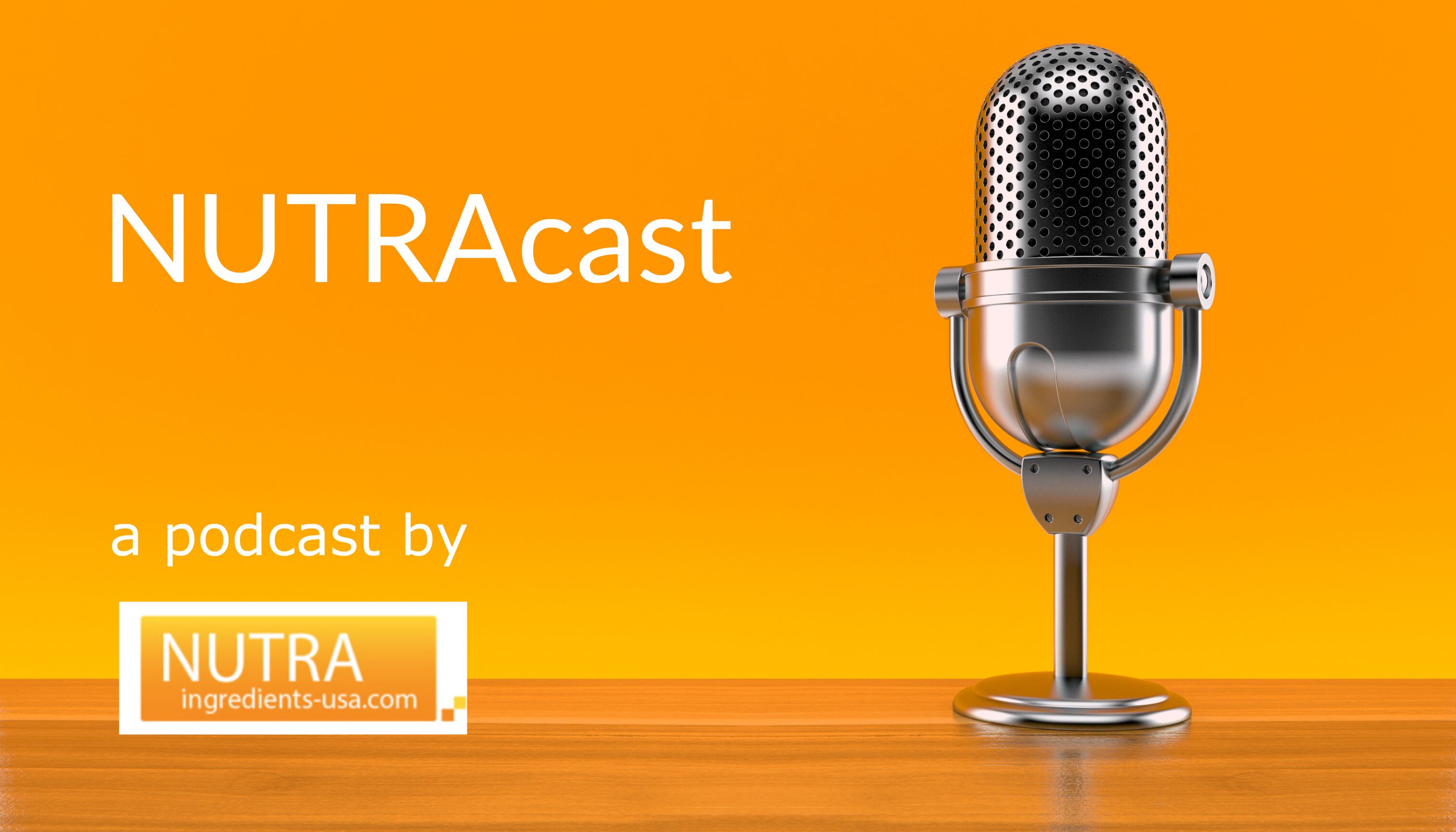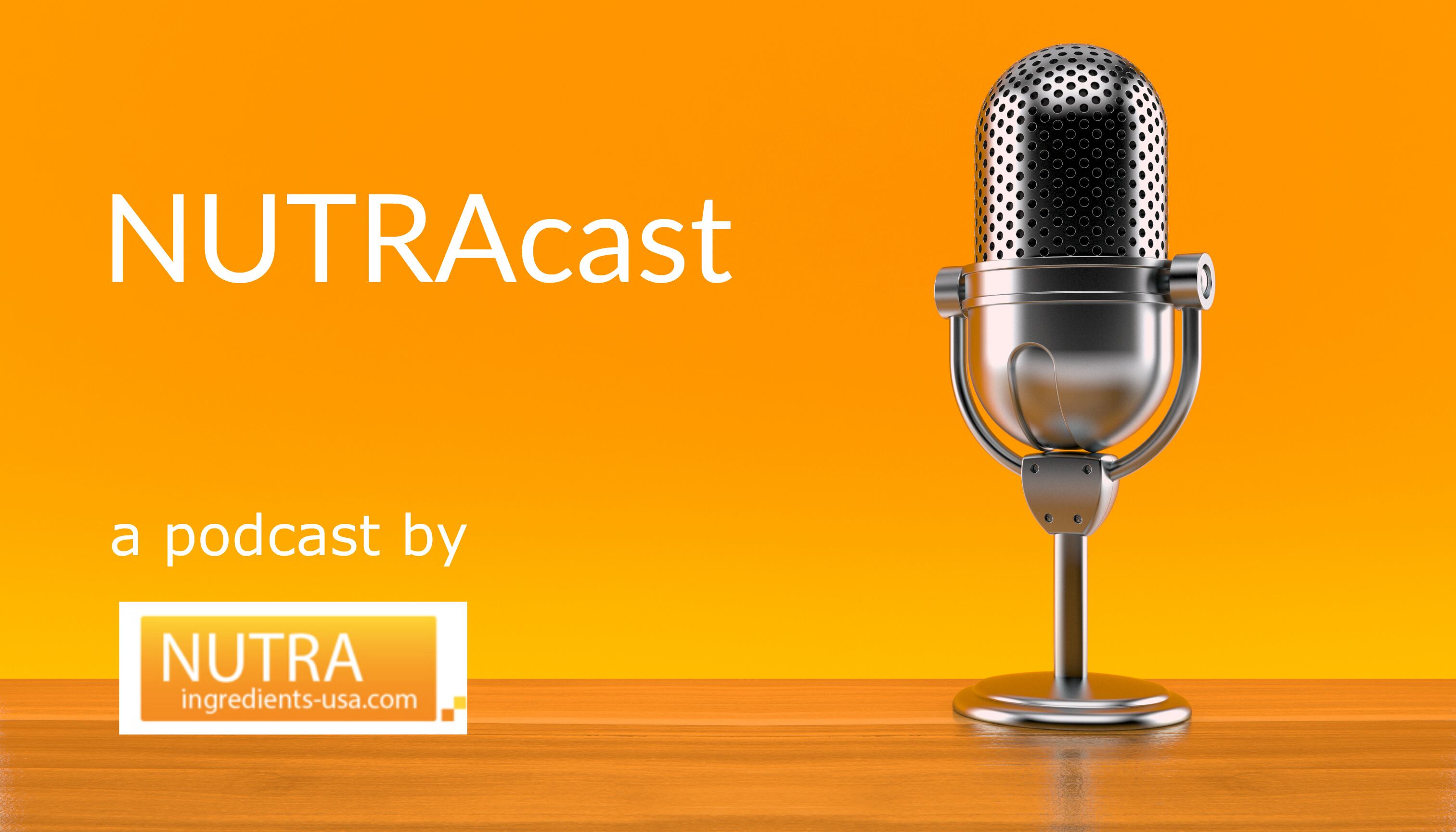The Global Organization for EPA and DHA Omega-3s recently launched its Clinical Study Database. The new portal is a specialized search tool focused on scientific literature surrounding the fatty acids.
Kaitlin Roke, PhD, the director of scientific communication and outreach for GOED, explained that the database includes all interventional human studies on EPA and DHA which comes out to nearly 4,000 studies.
The Clinical Study Database has two different sections:
- Abstract Search: Includes details on whether the studies are positive, negative or neutral (according to abstract outcomes), plus associated keywords, influential study authors and relevant journals.
- Advanced Search: Includes data on every outcome from a given study, is fully searchable and can be filtered in by variables such as study size, demographics, results and more.
Roke said the uses for the database extend beyond researchers, with opportunities to substantiate health and structure/function claims, rebut negative media articles and provide direction in product design and marketing.
Additionally, Roke said the platform could be a useful tool for other ingredients too.
“We've built this framework that could really be applied to other nutrients or other ingredients or bioactives. So for example, the database in our case captures omega-3’s EPA and DHA, but it could very well also capture the science about calcium or a bioactive that's important or probiotics. The framework of this database may also be of interest to people if they want to specialize their own area of interest and use the work that we've done to build the skeleton of this to be added on for another nutrient.”
The database can be accessed through subscription on an annual or quarterly basis, with an option to also commission an individual concierge project for a specific need. A virtual demonstration of the database can be viewed here.
To learn more about the database, listen to the NutraCast.
You can also subscribe on iTunes, Spotify , Stitcher and wherever you get your podcasts.




